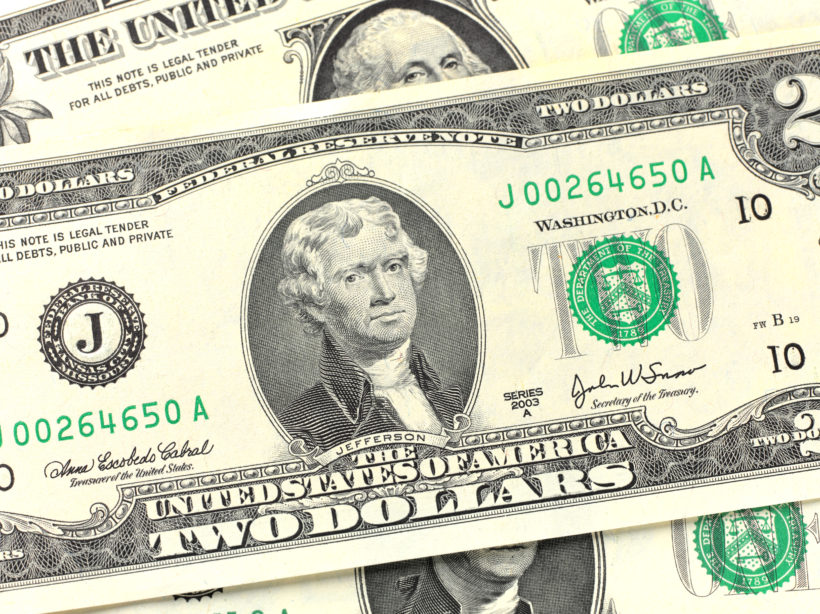
JOHANNESBURG/BENGALURU, Sept 7 (Reuters) – Emerging market currencies will find it difficult to reclaim ground lost this year as relentless Federal Reserve rate hikes and safe-haven demand keep the dollar ascendant, a Reuters poll of currency strategists found.
A stampede into the greenback pushed the wider index of emerging market currencies .MIEM00000CUS to its lowest in two years on Tuesday amid growing worries of global recession.
The Sept. 1-6 Reuters survey of currency strategists showed more of the same trouble ahead. Almost all beaten-down EM currencies were expected to weaken or at best cling to a range over the next three months.
“EMFX will continue to go through a period of elevated volatility until the USD reaches a climax,” noted Phoenix Kalen, director of emerging markets strategy at Societe Generale.
“Not only has the market over the past month reverted back to pricing in a more aggressive pace of FOMC rate hikes, but the underlying context of global growth has continued to deteriorate … and downside China surprises add to the myriad challenges facing EM FX.”
During past U.S. tightening cycles emerging market central banks usually tried to match or better the pace of the Fed but this time they have failed to keep up.
This has put pressure on EM currencies, driving India’s rupee INR=IN and Philippine’s peso PHP= to record lows. INR/POLL
Nearly three-quarters of analysts, 41 of 56, who answered an additional question said EM currencies would fall against the dollar in the next three months, including six who said they would fall significantly.
FX analysts also warned that the Chinese yuan CNY=, which is down about 9% this year, is affecting emerging market counterparts more than ever before and may have a profound effect on their performance over the coming year.
“The Fed is not going to be the only factor keeping the dollar strong. EMFX remains undermined by renminbi weakness,” said Francesco Pesole, FX strategist at ING.
“Unless China presents some sizable fiscal stimulus or abandons its zero COVID strategy, EMFX will continue to trade poorly.”
While the Reuters poll median for China’s yuan suggests the currency would strengthen, Mitul Kotecha at TD Securities said there are growing signs, including from recent yuan fixings, that the People’s Bank of China is uncomfortable with the pace of CNY depreciation.
“The authorities will favour some depreciation to support exports but will remain wary of a rapid decline in the currency as reflected in recent PBOC push back. We expect such resistance to be maintained, especially ahead of the Communist Party Congress in mid-October,” added Kotecha.
South Africa’s rand ZAR=D3 meanwhile has taken on a more favourable outlook in comparison to other EM currencies. The high-yielding rand was expected to erase most of its losses made so far this year, gaining about 6.0% to 16.30/$ in a year.
Turkey’s lira TRY= is down nearly 26% this year, in addition to the 44% it lost last year, as Turkey’s central bank slashed interest rates even as inflation was soaring. Inflation exceed 80% in August. Read full story
The worst-performing emerging market currency this year, the lira was set to fall about 16% to 21.66 per dollar in the next 12 months.
Russia’s rouble RUB=, which was propped up by capital controls and had artificially risen to become the world’s best-performing currency so far this year, is expected to weaken more than 15% to 71.00/$ in a year.
(For other stories from the September Reuters foreign exchange poll: Read full story)
Reuters Poll – Emerging market currency outlookhttps://tmsnrt.rs/3TL8uLx
(Reporting by Vuyani Ndaba in JOHANNESBURG and Vivek Mishra in BENGALURU; Polling by Anant Chandak, Arsh Mogre and Devayani Sathyan; Editing by Ross Finley and Nick Zieminski)